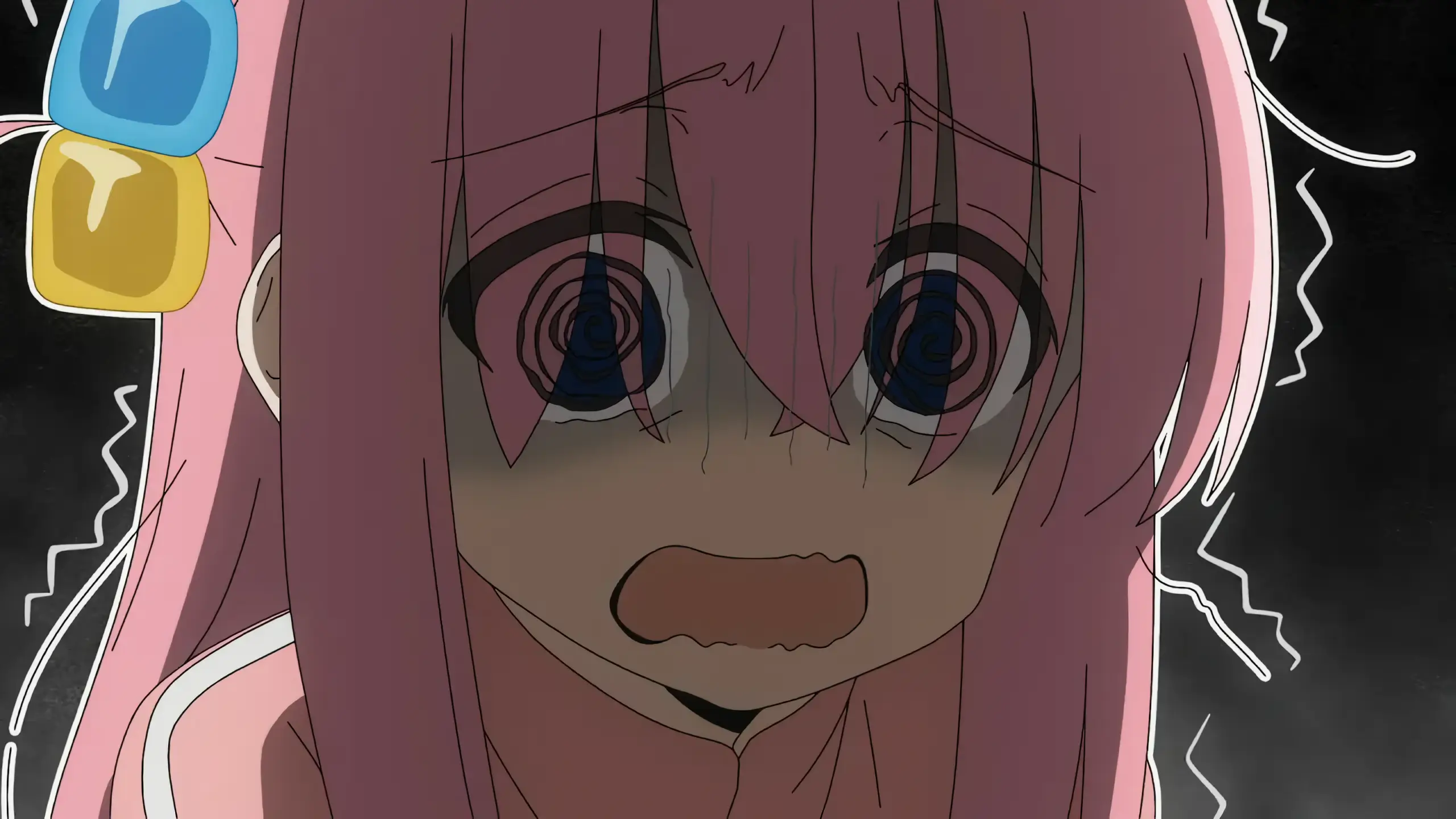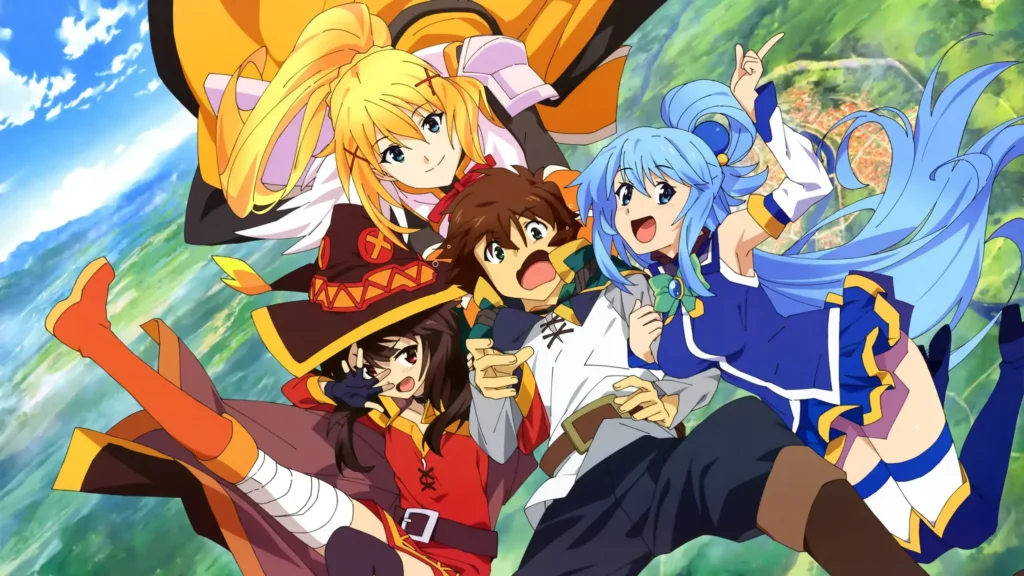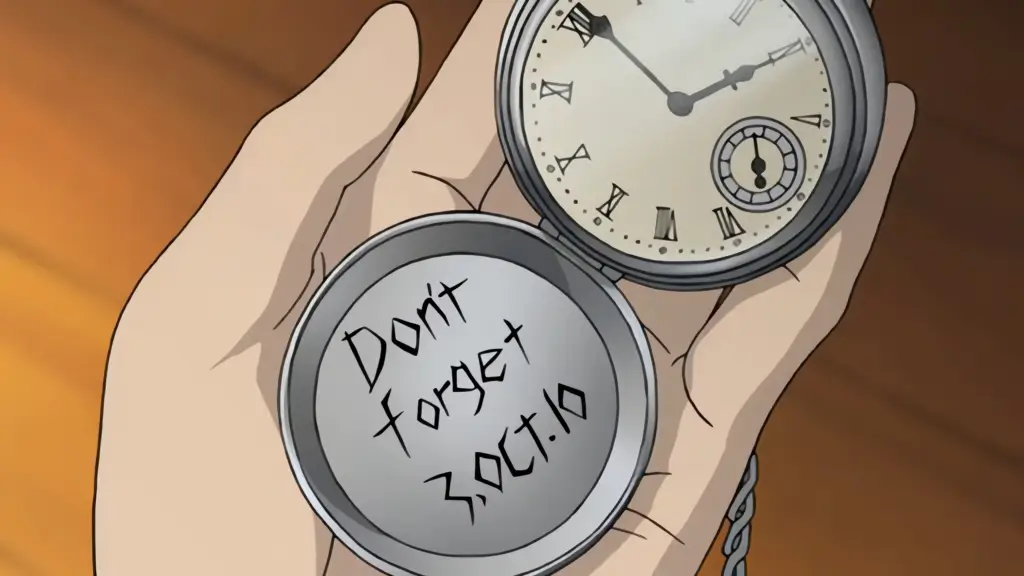Erika Yoshida, the acclaimed screenwriter behind Bocchi the Rock! and the upcoming Maebashi Witches, has sparked global discussion with her strong position on Erika Yoshida fanservice anime. She argues that creators must rethink how teenage characters are portrayed, ensuring that storytelling takes precedence over excessive sexualization.
Why Erika Yoshida Challenges Fanservice in Anime
In a recent interview, Yoshida explained that even though anime characters are fictional, creators should avoid depictions that exaggerate or sexualize teenagers. She stated, "I don't want unnecessary shots of buttocks or exaggerated chest movements while they run." For Yoshida, the argument that "anime has always been this way" is outdated. Her stance on Erika Yoshida fanservice anime signals a conscious shift away from long-standing industry tropes.
For decades, fanservice has been used in anime for humor or marketing, but critics argue it often distracts from the narrative. Yoshida’s refusal to accept these conventions shows a growing demand for creative integrity over outdated formulas.
Bocchi the Rock! as a Turning Point in the Fanservice Debate
Her philosophy became evident during the adaptation of Bocchi the Rock!, where Yoshida deliberately cut scenes of fanservice. Instead of reducing characters to physical gags, she focused on their struggles, friendships, and growth. This choice strengthened the series’ emotional impact and distinguished it from other "slice of life" anime where subtle fanservice is common.
Some fans praised this decision, while others criticized it for altering the original manga’s tone. Regardless of opinion, Yoshida’s decision put the issue of fanservice in anime at the forefront of industry conversations.
Maebashi Witches and the Next Step for Yoshida
In her new project, Maebashi Witches, Yoshida continues to resist automatic fanservice elements. She explained that avoiding traditional habits—like default poses or camera angles—frees the narrative to highlight character relationships and challenges. By making these conscious choices, Yoshida shows how the debate over Erika Yoshida fanservice anime can reshape storytelling in a positive way.
This approach reinforces the importance of collaboration between directors, writers, and animators. Instead of following old patterns, Yoshida insists on intentional storytelling choices that reflect the themes of the work.
The Wider Industry Debate Around Fanservice
Her position also connects to broader controversies in anime. In recent years, petitions and public discussions have challenged the portrayal of teenage characters in popular series. As anime gains international popularity, these concerns grow louder, especially in Western markets where portrayals of minors face stricter cultural scrutiny.
While fanservice has long been tied to sales, Yoshida’s stance challenges the assumption that it is necessary for success. Bocchi the Rock! performed well commercially without relying on these tropes, suggesting that audiences are ready for new approaches.
The Core Takeaways from Yoshida’s Position
Erika Yoshida’s stance on fanservice in anime is not about censorship. Instead, she advocates for deliberate, responsible creative choices. Her goal is to tell compelling stories that highlight character depth without unnecessary sexualization. For creators, the lesson is clear: thoughtful decisions can result in stronger storytelling while respecting both characters and audiences.
The Road Ahead for Fanservice in Anime
As Yoshida’s influence grows, the conversation about Erika Yoshida fanservice anime will likely continue to expand. If more creators adopt her philosophy, the industry could shift toward narratives that prioritize authenticity over outdated fanservice traditions.
With anime’s global reach growing, the demand for respectful and story-driven portrayals of youth is stronger than ever. Yoshida’s perspective may represent a turning point in how studios approach character representation moving forward.
Why Erika Yoshida’s Voice Matters
Erika Yoshida’s decision to confront fanservice traditions has sparked one of the most important conversations in anime today. By challenging automatic sexualization, she is setting new standards for storytelling integrity. Whether fans agree or disagree, her stance ensures that the industry reflects on its creative responsibilities—and that reflection could shape anime’s future for years to come.




